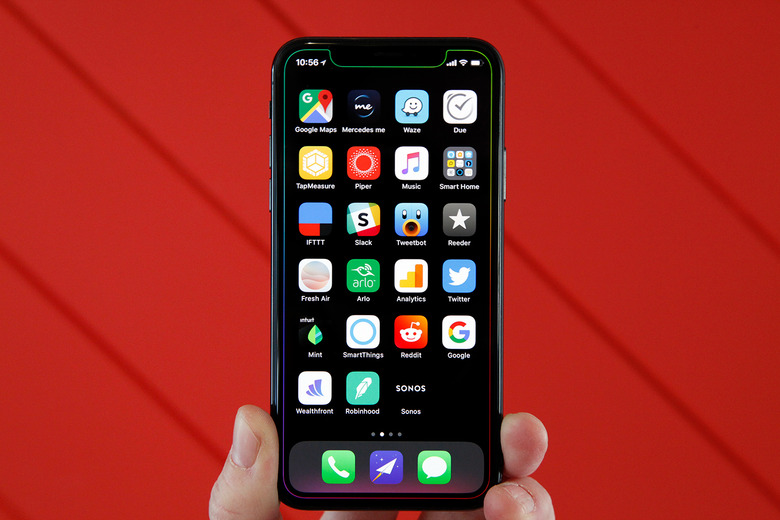Apple Beat Samsung In The Most Important Three Months Of The Year
Apple's long-awaited earnings were finally released yesterday, and the company once again proved that analysts don't know everything. Despite pessimism about iPhone sales going into this week, Apple reported that the iPhone X was the top-selling device, putting fears to bed that it was a total flop.
But as it turns out, Apple hasn't just outperformed expectations. According to data from IDC and Strategy Analytics, Apple actually increased its market share during the first quarter of 2018, something that wouldn't normally be expected, given that Samsung launched its new flagship during that period.
However, it's not all bad news for Samsung. According to Strategy Analytics' data, Samsung recaptured first place in smartphone revenue, after losing that crown to Apple in the holiday quarter of 2017. However, Samsung only shipped 78.2 million smartphones worldwide in Q1 2018, down two percent annually from the same quarter last year. The same story was repeated on a global sale, said Linda Sui, Director at Strategy Analytics. "Global smartphone shipments fell 2 percent annually from 353.8 million units in Q1 2017 to 345.4 million in Q1 2018. The global smartphone market has slowed down this year, due to longer replacement rates, diminishing carrier subsidies, and a lack of new hardware design innovation."
While Samsung's total shipments dropped, Apple, Huawei, and Xiaomi were all up compared to the same period last year. Xiaomi saw the most impressive growth, going from 12.6 million units in Q1 2017 to 24.1 in Q1 2018. Small manufacturers were the hardest hit, dropping from a collective 148.1 million units shipped to just 123.3.
